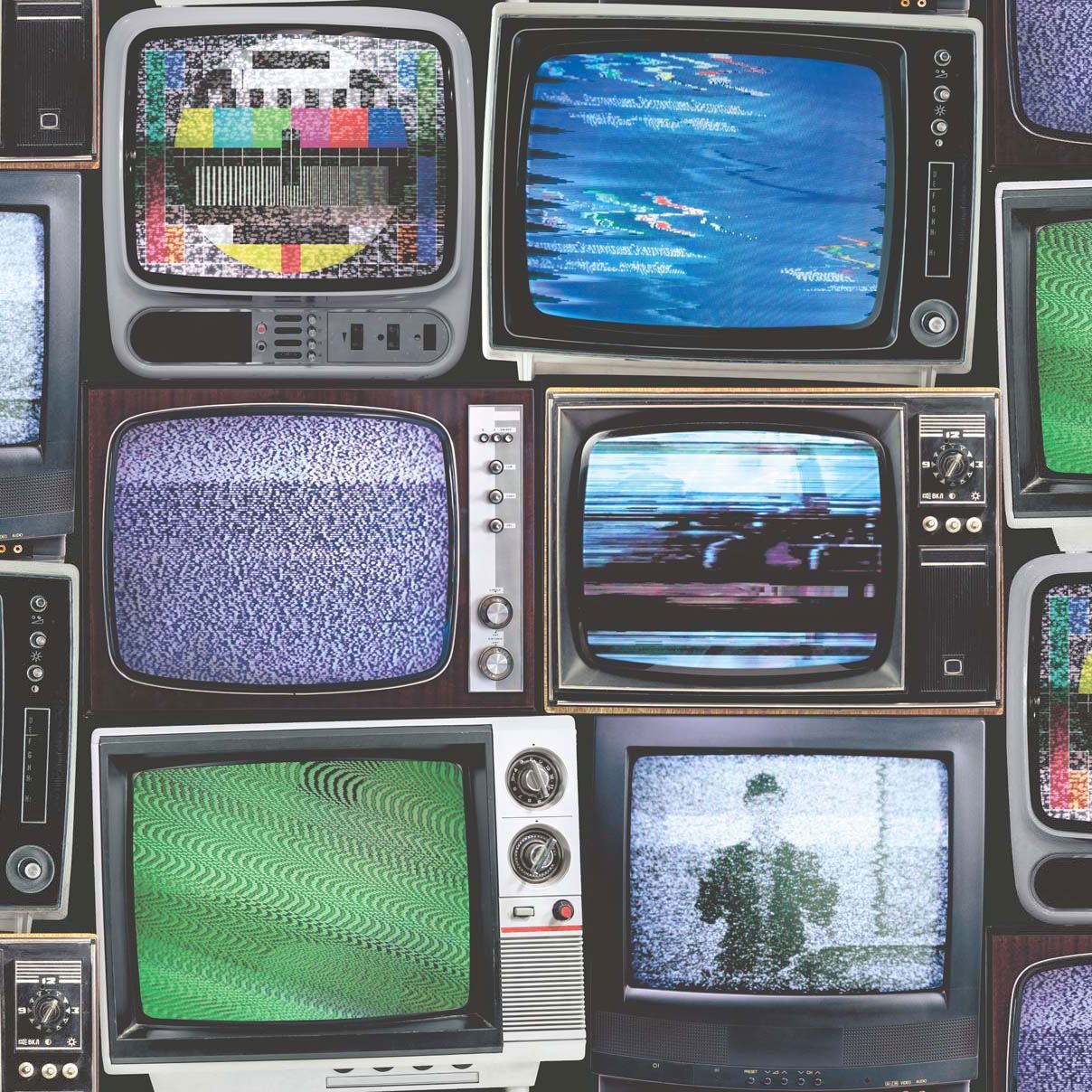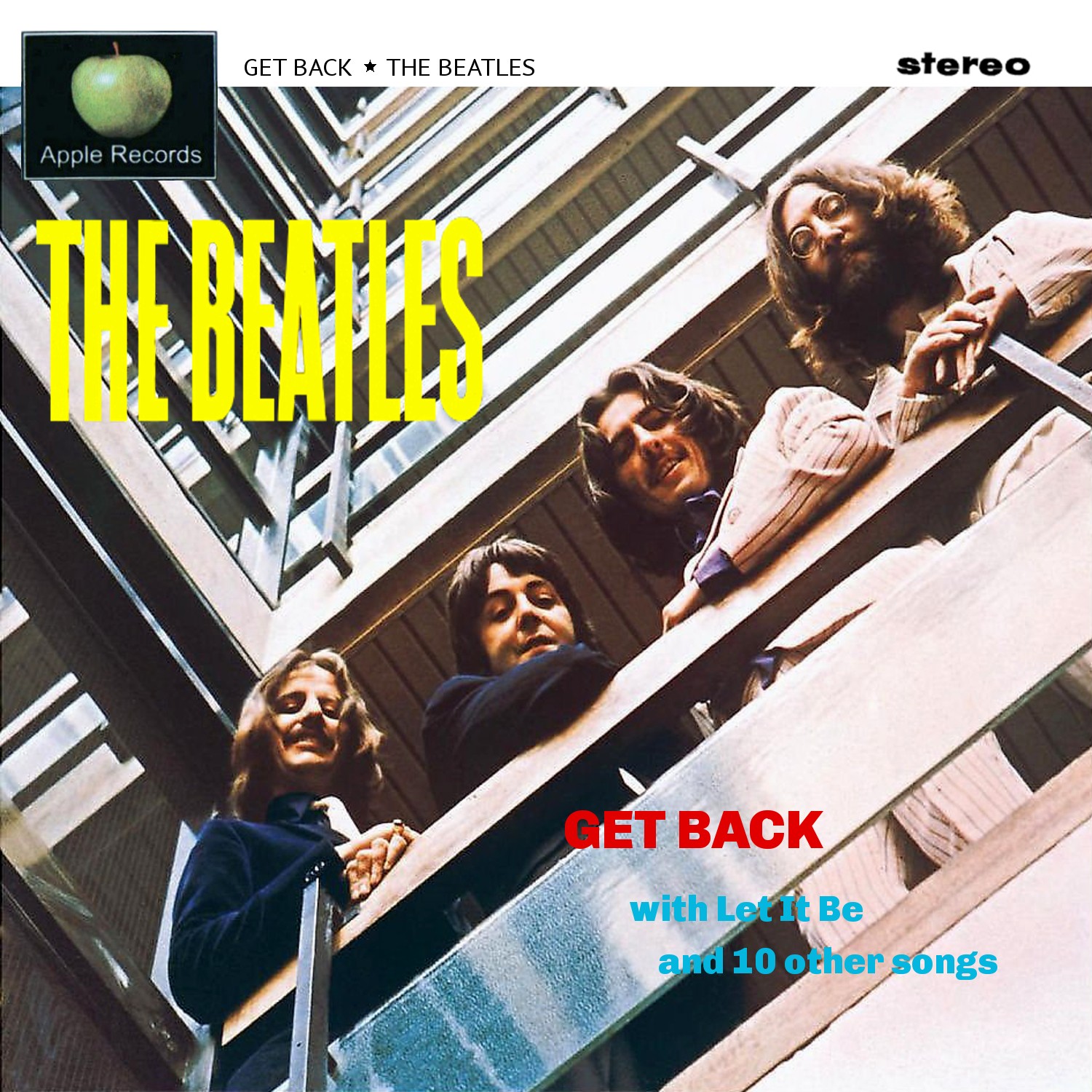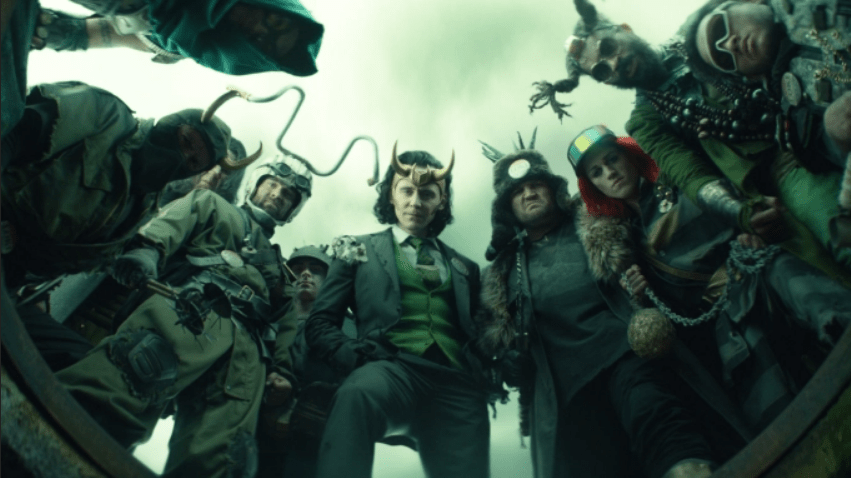Messaggi di Rogue Scholar

The 31st International Screen Studies Conference, organised by the journal Screen , will be programmed by Screen Editors Professor Karen Lury and Professor Alastair Phillips.

Online (Teams) Television has been widely theorised in relation to the everyday, the habitual and the repetitive. But there are a lot of phenomena that are surprising, and that require TV scholars to provide nuance to these observations. Take Squid Game (Netflix, 2021) which was supposedly the streaming hit of the year 2021 in the UK and elsewhere. But as an example of a Korean TV drama, it is highly unusual.

The twentieth century began with utopia and ended with nostalgia. —Author, cultural theorist, and artist, Svetlana Boym (2007: 7) It’s impossible to overstate how original the Beatles looked and sounded when they seemingly arrived out of nowhere during the early Sixties.

About two years ago on this very blog, I ruminated on the disproportionate distribution of books and television series, and while attempting to celebrate some of the very tomes that had been issued over the year, I also grumbled about many other important series that had been overlooked. ‘[W]hy can’t I get a decent book about Moonlighting (1985-1989)?’ I moaned about a third of the way down the text.

The research project ‘Reaching Young Audiences: Serial Fiction and Cross-Media Storyworlds for Children and Young Audiences’ (RYA) seeks to provide detailed knowledge about the production and reception of film, TV and online fiction for children, tweens and teens through in-depth analysis of the current strategies for creating engaging fiction for young audiences and extensive qualitative case studies of their media use.

For our next issue, The New Americanist is seeking submissions which consider the cultural and political conditions through which comics play a part in contemporary American life.

{.wp-image-196 attachment-id=“196” permalink=“https://norbisley.wordpress.com/2022/01/28/la-revista-idonea/estres-corazon-1920-2/” orig-file=“https://norbisley.files.wordpress.com/2022/01/estres-corazon-1920-2.jpg” orig-size=“1200,628” comments-opened=“1” image-meta=“{"aperture":"0","credit":"","camera":"","caption":"","created_timestamp":"0","copyright":"","focal_length":"0","iso":"0","shutter_speed":"0","title":"","orientation":"0"}”

Por Yordanka Verdes y Maria Elena Martínez En 1929 un grupo de psicólogos, antropólogos y administradores de negocios establecieron normas de estilo para la escritura científica y académica, con el fin de facilitar la comprensión de la lectura y el proceso de publicación.

El libro del editor de Elizabeth Díaz González es una valiosa herramienta de trabajo para todo aquel vinculado al movimiento editorial.
